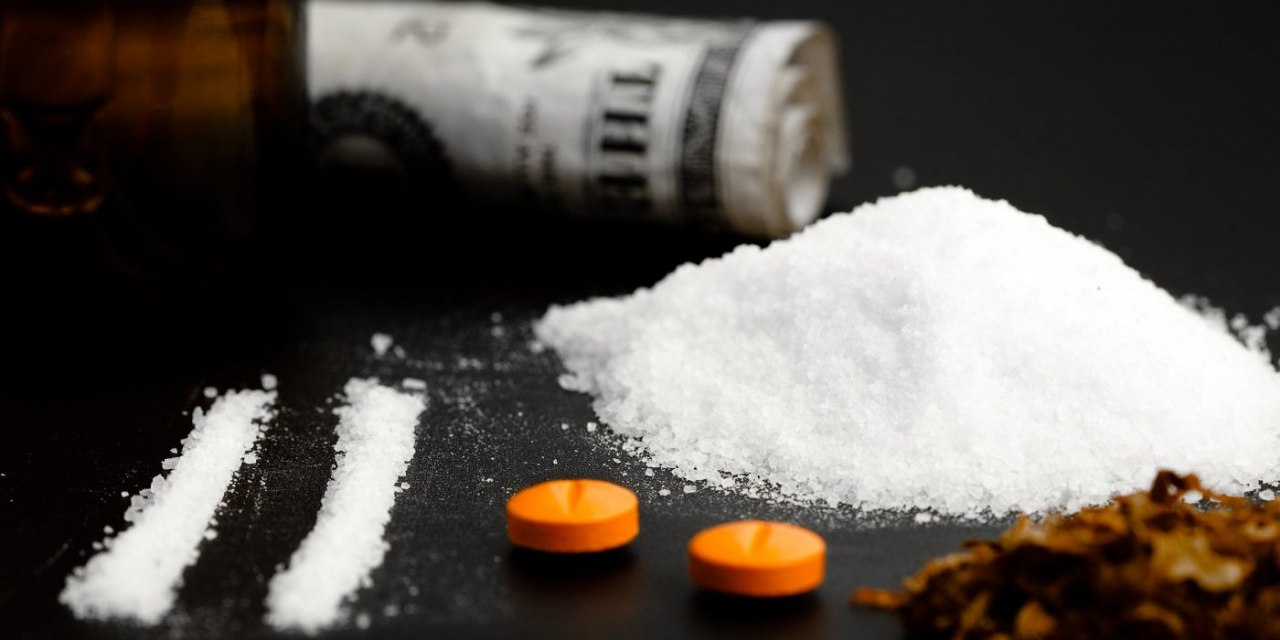As of February 1, Oregon law enforcement authorities “can no longer arrest someone for possession of small amounts of heroin, methamphetamine, LSD, oxycodone and other drugs…” Instead, they’ll receive a fine of $100, and are required to submit to a ‘health assessment’ that could lead to a referral for drug counseling.
This should be interesting. A few days before the law took effect, an opinion piece appeared in The Hill, a DC- based news organ dedicated to politics and policy.
The piece caught my interest mainly because of its author: Mitchell Rosenthal M.D, the psychiatrist who founded the New York- based Phoenix House drug treatment programs. He’s 85 now. His organization was among the first to integrate addictions treatment into the criminal justice arena, including correctional populations. That was an important step, so I was interested in his take on the changes out Oregon way.
First, a note on how important treatment has become in the criminal justice system: I recently visited an outpatient program in the Southwest where more than 50% of the client census had been referred through agencies, including Parole and Probation, DWI monitoring, and the local Drug Courts. At a comparable program on the other side of the country, it was around 80%. In both cases, the criminal justice staff stayed involved with the treatment process from beginning to end, often play a continuing role in monitoring and case management. I knew from experience how different this was from a few decades ago, when the criminal justice system in many places was skeptical that treatment was of any value at all.
Anyway, here’s a link to Dr. Rosenthal’s take: Drug decriminalization without mandatory treatment is a flawed fix’
His point is that if states are going to remove criminal penalties from possession of drugs, they need to find a way to mandate treatment as an alternative. He’s basing that, I believe, on the reality that many of the folks who would likely benefit most from early treatment aren’t likely to accept it voluntarily.
They may in fact do their level best to avoid treatment. That’s an unfortunate characteristic of addicted individuals.
It’s also one reason that a primary trait of addictive behavior is described as “continued use despite adverse consequences”. Where most people might respond to recurring problems by stopping behavior that creates them, addicted individuals often respond to substance-related troubles with more substance use.
That doesn’t make sense, I know. Unless you’re addicted, in which case it may feel like the only response that does.
Maybe that’s still best illustrated by the anecdote from St. Exupery’s novel, The Little Prince. The prince asks a man why he gets drunk and the man says, I drink to forget. Forget what? inquires the prince. That I am ashamed, comes the answer. Of what are you ashamed? Why, of drinking.
It’s no secret that people with SUDs are over-represented in jails, prisons, arrest statistics and Courtrooms everywhere around the globe. They’re also prominent among the so-called frequent flyers who act as super-utilizers of costly medical and emergency services, and drive up health costs for everybody. They’re prone to a host of co-occurring medical problems, both acute and chronic – HIV/AIDS, but also heart, lung, and liver disease, diabetes, psychiatric disorders, etc. Untreated SUDs directly interfere with medical care for a host of serious health issues.
I imagine that Dr. Rosenthal’s fear is that in the absence of some type of mandated compliance, many or most people with SUDs will simply skip the intervention that might actually make a positive difference in their lives (and by extension, everyone else’s).
Unfortunately, I think he has a point. I hope the decision-makers in Oregon have at least considered it.













